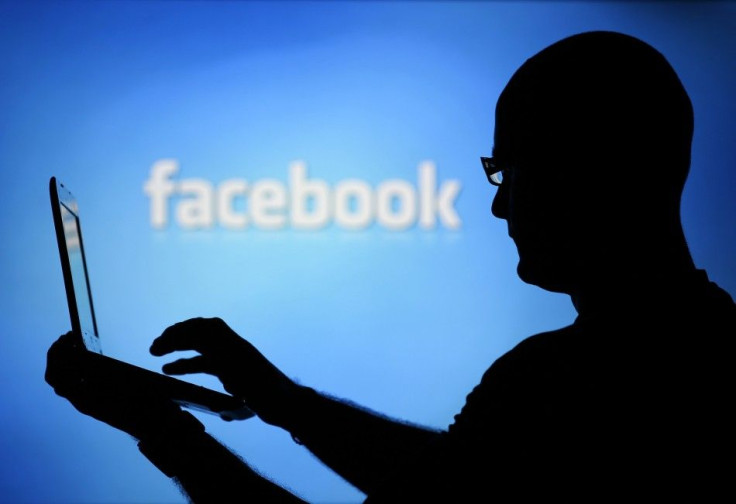Netizens React on Twitter Over Ethics of Facebook's Social Experiment, COO Issues Apology

Netizens have reacted on the social media Twitter over Facebook's social experiment testing whether emotional contagion occurs outside of in-person interaction between individuals by reducing the amount of emotional content in the News Feed.
Facebook's social experiment was conducted in collaboration with Cornell University and the University of California at San Francisco.
According to the study published in PNAS, the social media giant manipulated the extent of exposure to emotional expressions in the Newsfeed among almost 700,000 people.
Facebook conducted two parallel experiments: one for positive emotion and one for negative emotion.
In one experiment, the user's exposure to positive emotional content in his newsfeed was reduced. In the other experiment, it was the user's exposure to negative emotional content which was reduced.
Facebook's social experiment revealed that when positive expressions were minimized, social media users posted lesser positive content and posted more negative contents. The opposite pattern holds true when negative expressions were reduced.
The results showed a person's own emotion is influenced by the other user's emotional expressions on Facebook, which constituted a large scale contagion through the social network.
The study also suggested that emotional contagion does not necessarily require in-person interaction and nonverbal cues. It also suggested that observation of positive experiences from other social media users also constituted a positive experience for people.
When netizens learned about the social experiment, they reacted to Twitter by questioning the ethics of the study. One user @dgrobinson said the #FacebookExperiment is a rare public reminder of corporate big data's unaccountable power.
Another user @dhirajmurthy urged the academic community to speak out on (the lack of) research ethics and corporate responsibility in #FacebookExperiment.
"I'm glad I'm not on Facebook. Wonder why psychopa-I mean-army is funding a study of social media?" @holtcie said.
To diffuse the netizen's reactions, Facebook Chief Operating Officer Sheryl Sandberg issued an apology for the experiment.
"This was part of ongoing research companies do to test different products, and that was what it was; it was poorly communicated. And for that communication we apologize. We never meant to upset you," the COO said in Wall Street Journal.
She stressed Facebook takes privacy and security really seriously because that is something that allows people to share opinions and emotions.
Read the tweets below:
The #FacebookExperiment is a rare public reminder of corporate big data's unaccountable power http://t.co/o30htD81QD (via @Equal_Future)
— David Robinson (@dgrobinson) July 2, 2014
Academics! Speak out on (the lack of) research ethics and corporate responsibility in #FacebookExperiment My take: http://t.co/mB7D97besr — dhiraj murthy (@dhirajmurthy) June 30, 2014
I'm glad I'm not on Facebook. Wonder why psychopa-I mean-army is funding a study of social media? http://t.co/XRILHuxMou #FacebookExperiment
— C.D. Holt (@holtcie) June 29, 2014
Also Read:
Facebook's Blue Dinosaur Returns for More Comprehensive Privacy Check-up
Apple Posts Job Ads for Siri to Support 13 More Languages
Before and After: A Woman's Photoshop Project Showcases Beauty Standards of 25 Different Countries





















